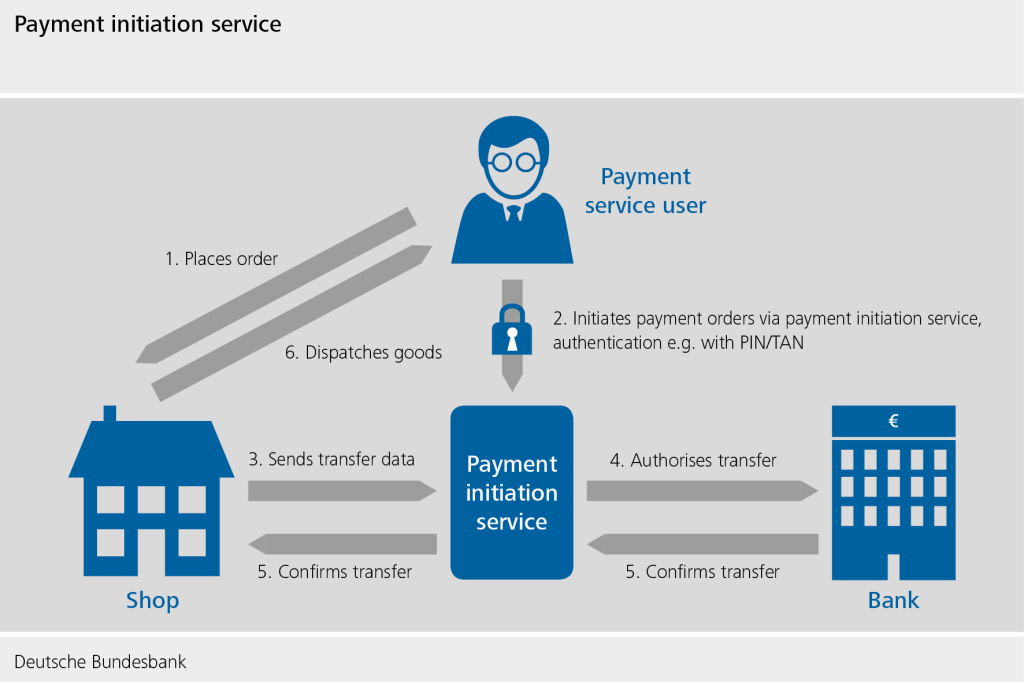Revolutionizing Legal Services: Unveiling The Power Of Law Society Third Party Payer
Law Society Third Party Payer
Introduction
Dear Readers,
Welcome to our informative article on the Law Society Third Party Payer. In today’s complex legal landscape, understanding the dynamics of third-party payment systems is crucial for legal professionals and their clients. This article aims to shed light on the concept of the Law Society Third Party Payer and its implications.
1 Picture Gallery: Revolutionizing Legal Services: Unveiling The Power Of Law Society Third Party Payer

Let’s delve into the details and explore this topic further.
Overview
The Law Society Third Party Payer is a system that allows for the payment of legal fees by a third party, such as an insurance company or a government agency. This system plays a vital role in ensuring access to justice for individuals who may not have the financial means to pay for legal services upfront. By providing financial assistance, the Law Society Third Party Payer facilitates equal access to legal representation and fosters a fair legal system.
What is the Law Society Third Party Payer?
🔍 The Law Society Third Party Payer is a mechanism that enables individuals to receive legal services without the burden of immediate payment. It involves the participation of a third party, typically an insurance company or a government agency, that covers the legal fees on behalf of the client.

Image Source: bundesbank.de
🔍 This system acts as a safety net for individuals who cannot afford legal representation. It ensures that everyone, regardless of their financial status, has equal access to justice.
🔍 The Law Society Third Party Payer operates under specific guidelines and regulations to ensure transparency and ethical conduct in the legal profession.
Who Benefits from the Law Society Third Party Payer?
🔍 The Law Society Third Party Payer benefits individuals who face financial constraints but require legal representation. It extends a helping hand to vulnerable populations, ensuring that they have the opportunity to assert their legal rights.
🔍 Clients who have insurance coverage or qualify for government assistance can avail themselves of the Law Society Third Party Payer.
🔍 Legal professionals also benefit from this system as it guarantees payment for their services, even if clients are unable to pay upfront.
When and Where is the Law Society Third Party Payer Applicable?
🔍 The Law Society Third Party Payer is applicable in various legal contexts, including civil litigation, criminal defense, and family law cases.
🔍 Its availability may vary depending on the jurisdiction and the specific policies of the Law Society governing the legal profession in that area.
🔍 Different countries have their own versions of the Law Society Third Party Payer, tailored to their legal systems and societal needs.
Why is the Law Society Third Party Payer Important?
🔍 The Law Society Third Party Payer is important as it promotes access to justice and equal protection under the law.
🔍 It ensures that individuals who are unable to afford legal representation are not denied their rights due to financial constraints.
🔍 By removing the financial barrier, the Law Society Third Party Payer contributes to a more equitable legal system.
How Does the Law Society Third Party Payer Work?
🔍 The Law Society Third Party Payer operates through a well-defined process:
1. Eligibility Assessment: Individuals seeking legal representation are assessed for their eligibility under the Law Society Third Party Payer scheme.
2. Third-Party Approval: Upon approval, the third party responsible for payment, such as an insurance company, approves the legal services required by the client.
3. Direct Payment: The third party directly pays the legal fees to the lawyer or law firm providing the services.
4. Fee Limitations: The Law Society Third Party Payer may have limitations on the maximum amount that can be covered or the specific types of legal matters eligible for payment.
Advantages and Disadvantages of the Law Society Third Party Payer
🔍 Advantages:
1. Access to Justice: The Law Society Third Party Payer ensures that individuals who cannot afford legal representation can still access justice.
2. Financial Relief: It relieves clients from the immediate financial burden of legal fees, allowing them to focus on their legal matters.
3. Ethical Standards: The system operates under ethical guidelines, ensuring transparency and fairness in the legal profession.
🔍 Disadvantages:
1. Limited Scope: The Law Society Third Party Payer may have limitations on the types of legal matters covered or the maximum amount that can be paid.
2. Third-Party Influence: In some cases, the involvement of a third party may impact the client’s autonomy and decision-making in their legal matters.
3. Administrative Complexity: The process of obtaining approval and managing payments through the Law Society Third Party Payer can be complex and time-consuming.
Frequently Asked Questions (FAQ)
1. Can anyone avail themselves of the Law Society Third Party Payer?
Yes, individuals who meet the eligibility criteria set by the Law Society and the third-party payer can benefit from this system.
2. Are there any restrictions on the type of legal matters covered?
Yes, the Law Society Third Party Payer may have limitations on the types of legal matters eligible for coverage. It is best to consult with the Law Society or the third-party payer for specific details.
3. Does the Law Society Third Party Payer cover all legal fees in a case?
No, there may be limitations on the maximum amount that can be covered by the Law Society Third Party Payer. Additional expenses may have to be borne by the client.
4. How long does it take to obtain approval from the third-party payer?
The approval process may vary depending on the specific policies of the third-party payer. It is advisable to consult with them for estimated timelines.
5. Can I switch lawyers while using the Law Society Third Party Payer?
Switching lawyers may be possible, but it is essential to notify the third-party payer and ensure that the new lawyer meets their requirements.
Conclusion
In conclusion, the Law Society Third Party Payer plays a vital role in ensuring access to justice for individuals who face financial constraints. By providing financial assistance for legal services, this system promotes equality, transparency, and fairness within the legal profession. However, it is essential to consider the limitations and complexities associated with the Law Society Third Party Payer to make informed decisions. If you find yourself in need of legal representation but are unable to afford it, explore the options available under this system and consult with your local Law Society for guidance.
Final Remarks
Dear Readers,
We hope this article has provided you with valuable insights into the Law Society Third Party Payer. It is crucial to understand the available resources and support systems when navigating the legal landscape. Remember, access to justice is a fundamental right, and organizations like the Law Society are dedicated to ensuring its realization. If you have any further questions or need assistance, do not hesitate to reach out to your local Law Society or legal professionals. Stay informed and empowered!
This post topic: Law and Society
